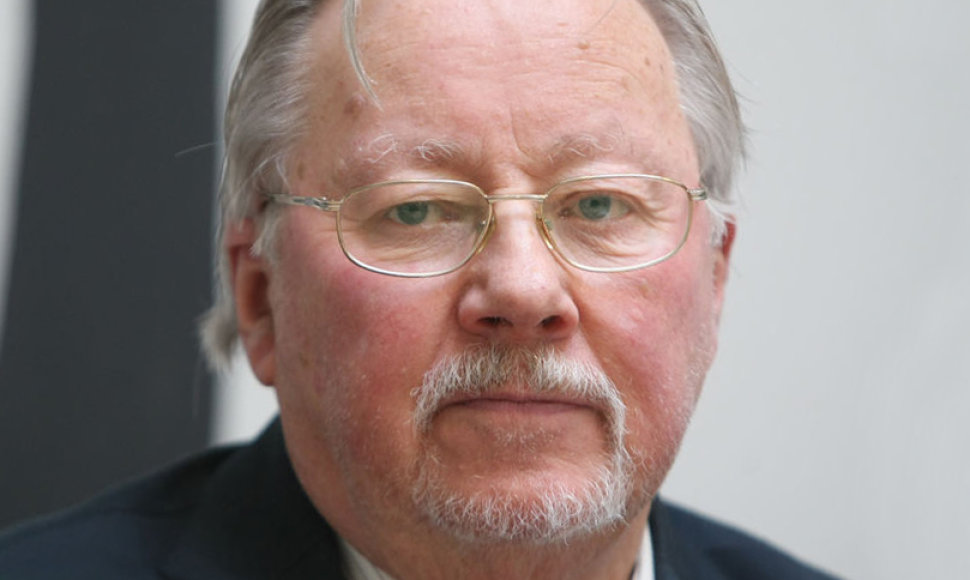He said that the official of the Organization for Security and Cooperation in Europe (OSCE) who criticized the restrictions was probably not familiar with the Soviet aggression of January 13, 1991.
"I can imagine that the official probably knows little and yields to the influence of the day," Landsbergis, Lithuania's first post-independence leader, told BNS.
"Of course, this can be viewed as a fact – see, they closed down a television channel and do not allow broadcasts. Why should we broadcast? The decision is not about information freedom but a decision about freedom of destructive activities. Those who align destructive activities and information are acting smart. But we probably have the wisdom, and Lithuanian actions were this time smart and consistent," said the MEP.
Earlier on Monday, a Vilnius court suspended the rebroadcasting of the Russian-produced First Baltic Channel in the territory of Lithuania for three months. Under the proposal of the Lithuania Radio and Television Commission, the channel will not be able to feature content made in Russia and other countries outside the EU.
OSCE media representative Dunja Mijatovic urged to review the proposed restrictions, saying they undermine the pluralism of the media.
On Thursday, the Lithuanian Foreign Ministry emphasized that "the media freedom cannot be linked to targeted efforts to diminish the memory of those killed for Lithuania's freedom and deny the nation's historic memory."












